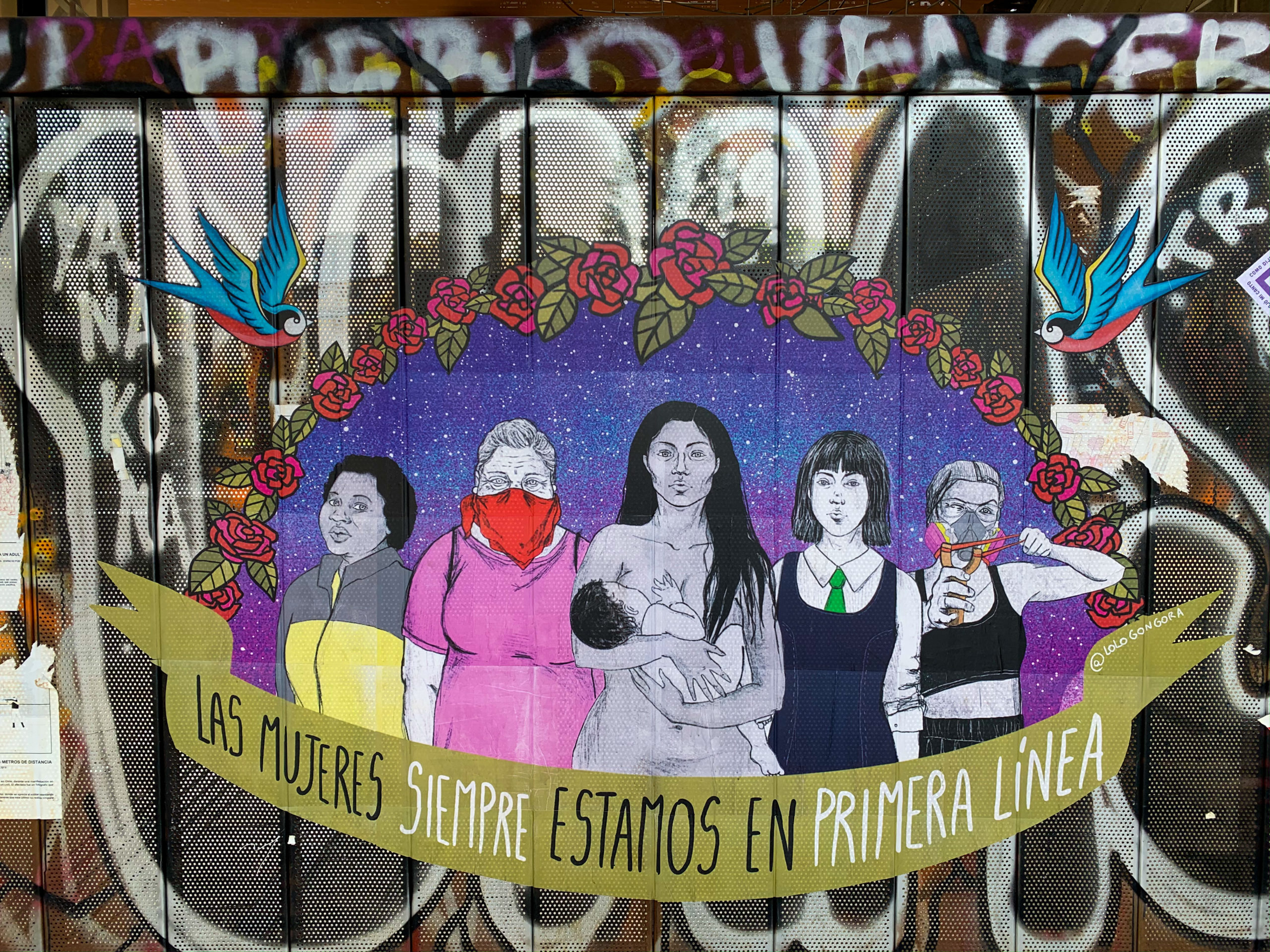
Chile’s new constitution will be the first drafted in the aftermath of the global #MeToo movements and a wave of feminist activism across Latin America confronting strict abortion laws, violence against women, and femicide. The conception of the new document will be crucial in the fight for gender equality and political representation in Chile. The new constitution will spur progress for women in Chile and potentially set a new global standard for gender equality in politics.
Generations of Chilean women have long fought for social, gender, and class equality—beginning under the two most decisive periods of Chilean history, the socialist government of President Salvador Allende and the military government of General Augusto Pinochet. More recently, feminists and LGBT organizations have mobilized to confront a brutal neoliberal and increasingly authoritarian state. Chilean feminists have protested state violence, anti-statism, and anti-capitalist beliefs. These movements centered on accessibility to legal abortion, violence against women, and femicide have ignited broader demands for social equity outside the parameters of gender and reproductive issues in Latin America.
The 2019 Chilean feminist anthem, “Un Violador en Tu Camino” (“Rapist in your Path”), which is fundamentally rooted in the feminist theory and anti-statism, demands the Chilean state to claim responsibility and accountability for Chilean women’s violence and deaths. First performed in Chile by the interdisciplinary, intersectional, and trans-inclusive feminist collective, Las Tesis, the anthem and performance quickly became viral and spread from France, Mexico to Kenya, and India, igniting a global feminist movement against violence.
In the wake of recent feminist movements such as “Un Violador en Tu Camino” and similar movements in Latin America, Chile has elected 155 members, 77 women and 78 men. The members will be in charge of writing Chile’s new Magna Carta and decide on fundamental issues as social rights, the country’s private property regime, and the state’s role. This process emerged in response to the demands of the social outbreak that shook the country in October 2019. The procedure, supported by 78% of the voters in a referendum in October 2020, will end in 2022 with another widespread consultation that will approve or reject the text that will replace the 1980 Constitution written under the military regime of Augusto Pinochet.
With the new constitution, what does that mean for women? The structural reformation will prove pivotal in creating a more inclusive and representative body. The nearly perfect, 77 women and 78 men, gender parity provides a step in the right direction. Feminist activists and organizers consider this provision a historic victory for women in obtaining political visibility. Activists believe the gender parity will create visibility for minority communities, including the country’s Indigenous communities, LGBT groups, and gender non-conforming people.
Though the outcome of this gender parity and the new body of laws remains yet to be seen, one thing is certain—feminist grassroots organizers globally are eagerly awaiting the long-overdue seat(s) at the table that has the potential to set a new global standard of politics.
(By Tatiana Ruiz)
(Image Credit: Emily Matteson / Anthropology News)